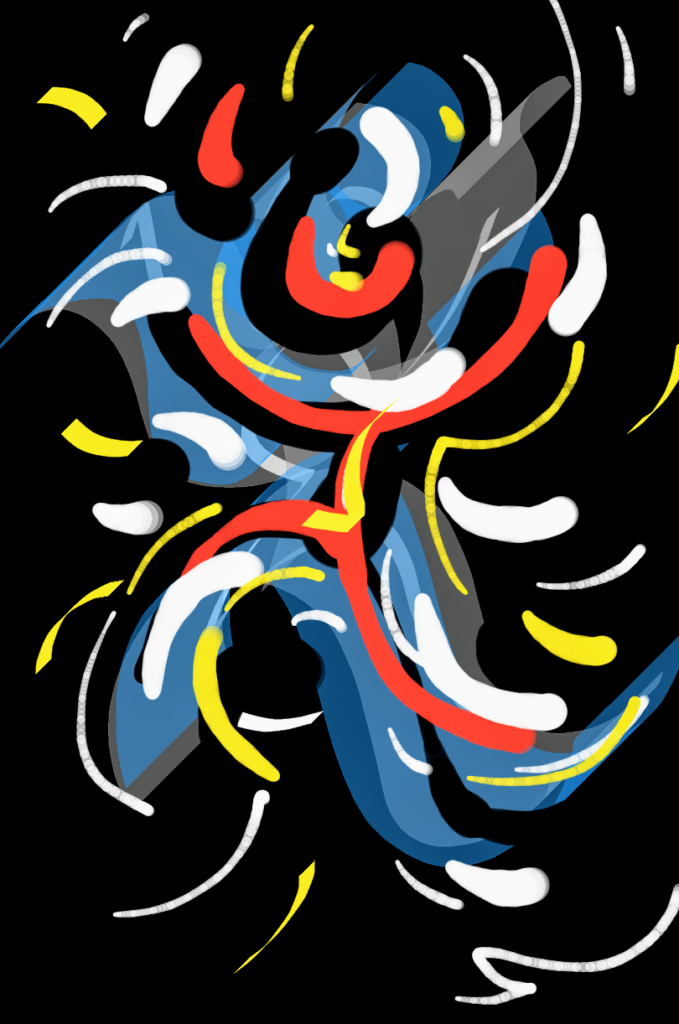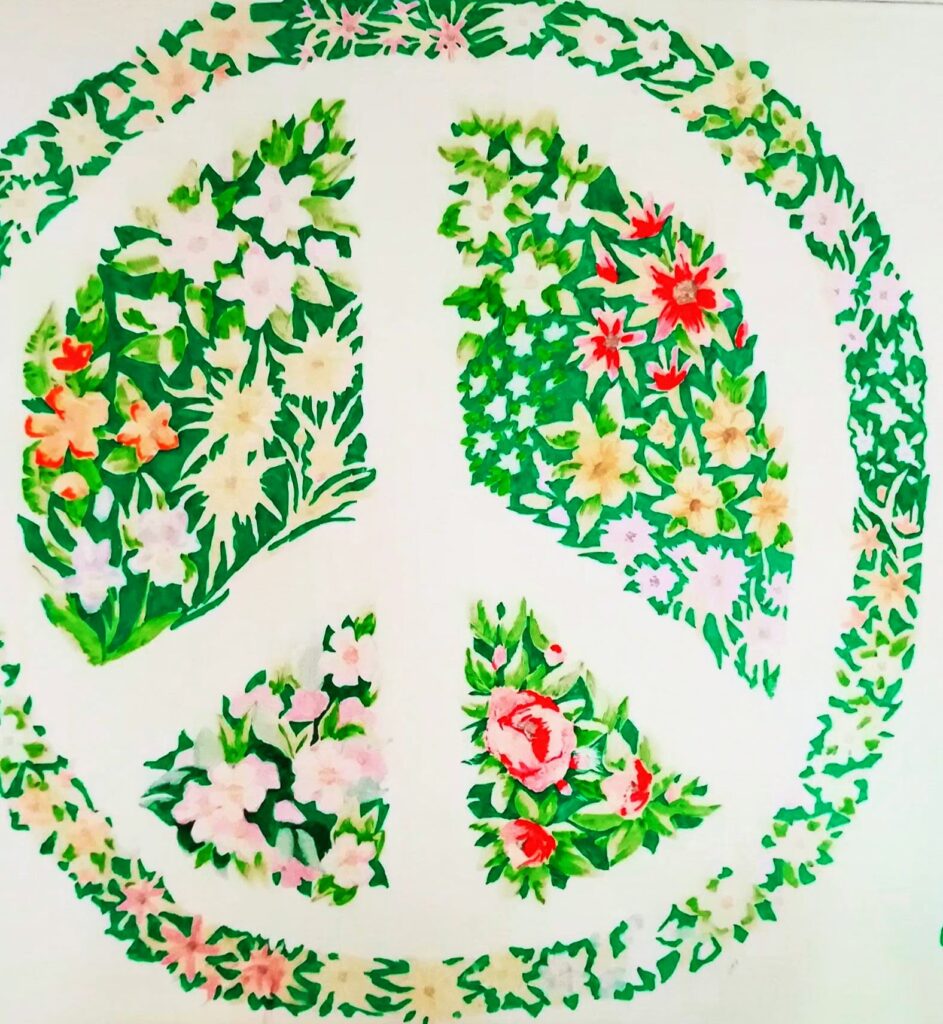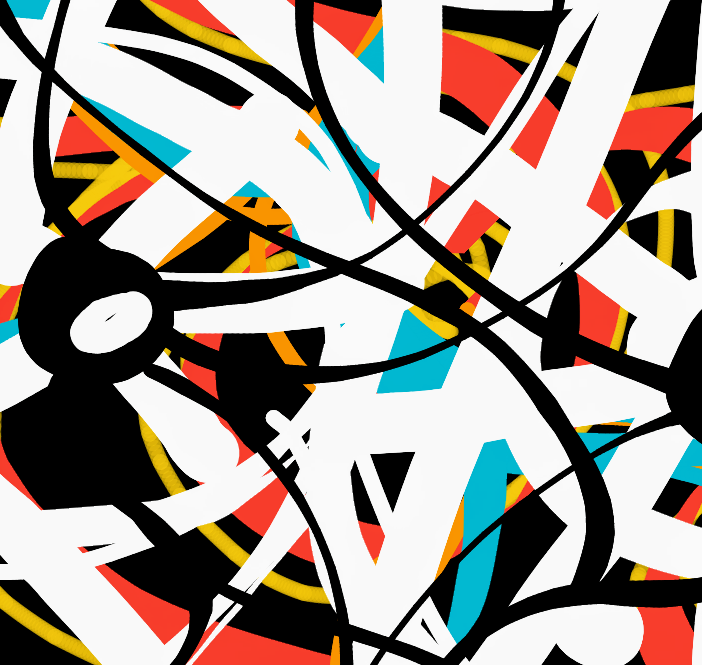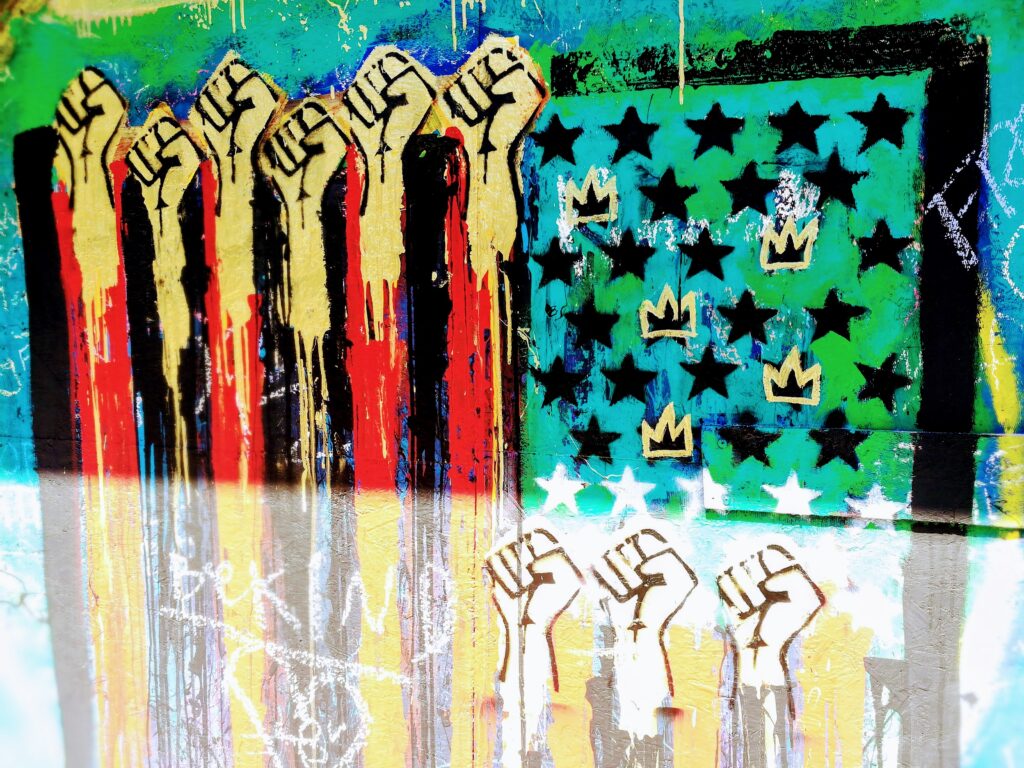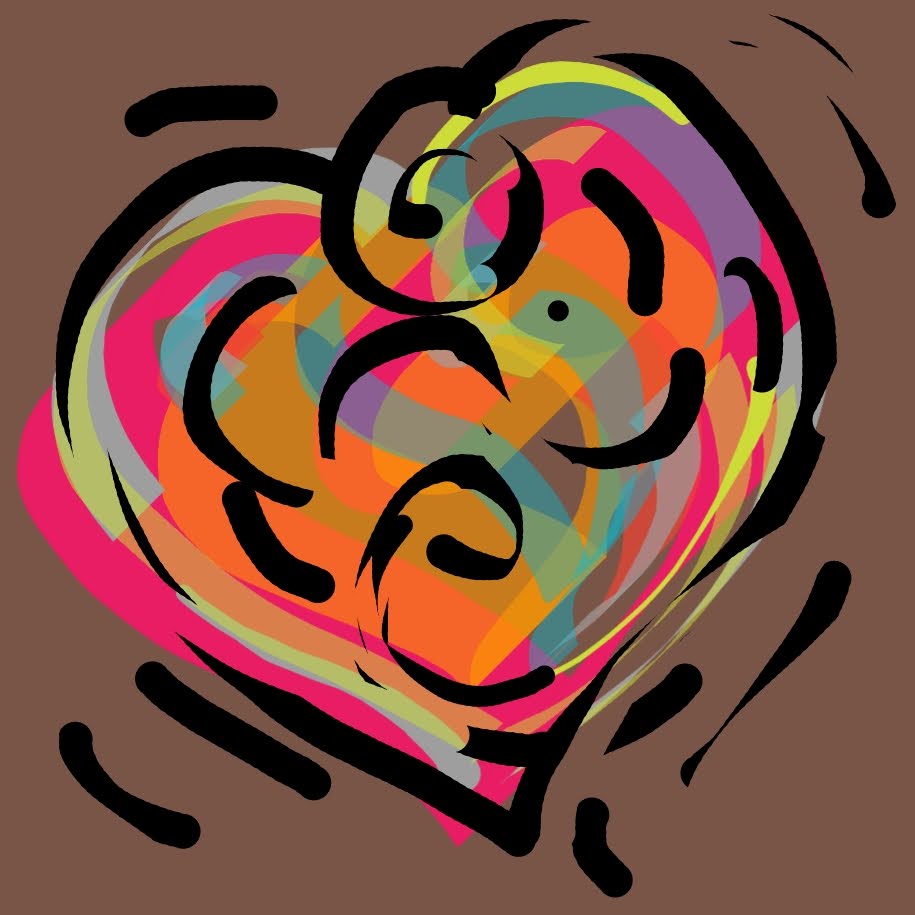Long ago, I watched the first Star Wars film. The dazzling science-fiction spectacle is set in an alternate universe but Star Wars tells an old and eternal human story — about the battle between good and evil. It is a familiar narrative. The bad guys are faceless stormtroopers. The good guys are human characters, waging a courageous battle against a powerful enemy. Good triumphs over evil.

Here, on Earth in the year 2021, the battles that are most actively waged are not Star Wars but story wars. The world over, we are fighting big battles over stories of what happened in the past, what is happening now, and what will happen in the future. And there are fierce battles over which stories can even be allowed to be told.
In the US, the fiercest political fight is not on the state of the environment or the economy but over what can be discussed in schools about race and history. In my native India, textbooks are being rewritten by the government to offer an alternate narrative of the past. In the US, statues of Confederate generals are being pulled down. In India, statues of Gandhi are being toppled and those of his assassin are being raised up in places. In both cases, this is a fight over the story of the past that projects an alternate script onto the present state.

Stories, after all, are important. They help us make sense of the world. Yet, the fight we are caught in is less about the stories that we ourselves believe rather than about imposing our stories on others. Why? Because collective stories matter. They mobilize people. Stories can keep people in chains because there isn’t a narrative of hope. Stories can liberate people because we believe that great change is possible if we act. Rewriting the stories of the past is an effort to change the narrative of right and wrong in the present and also invoke future possibility.
In “The Dawn of Everything,” anthropologist David Graeber and archaeologist David Wengrow offer that we “are all projects of collective self-creation”. “What if, instead of telling the story about how our society fell from some idyllic state of equality, we ask how we came to be trapped in such tight conceptual shackles that we can no longer even imagine the possibility of reinventing ourselves?”
Historian Yuval Noah Harari states that stories have been indelibly part of the human journey: “Homo sapiens is a post-truth species, whose power depends on creating and believing fictions. Ever since the stone age, self-reinforcing myths have served to unite human collectives. Indeed, Homo sapiens conquered this planet thanks above all to the unique human ability to create and spread fictions. We are the only mammals that can cooperate with numerous strangers because only we can invent fictional stories, spread them around, and convince millions of others to believe in them. As long as everybody believes in the same fictions, we all obey the same laws, and can thereby cooperate effectively.”
Not surprisingly, the richest and most powerful people in the world are trying to write narratives about the future. Elon Musk and Bezos are building rockets to fly to space. A narrative is that our planet is doomed and we must find ways to get out. The doomsday narrative is a common tale. A bevy of tech gurus and thinkers are waving red flags about how AI will soon eclipse human intelligence and enslave us. Others are waving the flag of impending doom from environmental collapse trying to get nations to change course. There are counter-stories that climate change and the COVID outbreak is a myth, that they are conspiracies that seek to control us and take away our way of life. Conspiracies envision secret stories told in the shadows. Out of sight, the bad guys are plotting evil and must be destroyed before they destroy us. The clash of narratives seems intractable. So, what can we do?
The thing is that we can’t really convince those with alternative narratives about our own chosen stories. This is because stories are not really about facts but beliefs and desires. If we mistake our stories for absolute facts, we’re then locked in righteous battles. If we see stories as containers of meaning, values, and hopes, there is an opportunity to weave connections between narratives and find a way of acceptance.
In places of great diversity and relative harmony, like Singapore and Mauritius, there is an honoring of diversity, people celebrate the holidays of others. It is not that a Christian believes in the Muslim beliefs or a Hindu adopts Christian rituals, but there is still space to respect and honor the people who practice an alternate faith. There is a meta-story of shared humanity that transcends the mirco-story of our own identities and rises above the hurts and transgressions of the past.
In Germany, Rwanda, and Cambodia where genocides that taken place, people have found a way to acknowledge the past so as to move towards the future in peace. Acknowledging what happened creates space for healing. If the horrors of history are buried and untold, there are more likely to return to be replayed again. In acknowledging them and seeing them, we release the ghosts of the past.

This path here is neither about fight or flight, winning or losing. It is about engaging and finding common ground that we can live with. We can do this if our battle is not seen as one of good and evil, if our adversaries are not mindless stormtroopers. If we peel back the mask of our adversaries, much as Luke did with Darth Vader in Star Wars, we often find that they are human figures with fears and aspirations, much like us. In seeing them fully, our stories about them then change. It is possible to write a new story together.
A critical challenge of the future, then, is to do better to author shared narratives that we can all work to bring into being. Without this, we will continue to wage our wars of stories all the way to the stars, as we seek to escape a world where we can no longer live together.
Related Posts:
https://spiritualsushi.com/are-we-wired-for-conflict-or-coded-for-collaboration/
https://spiritualsushi.com/recalling-rumi-in-afghanistan/
https://spiritualsushi.com/across-the-divide-bridging-belief-and-belonging/
https://spiritualsushi.com/wars-of-the-worlds-the-internal-and-external/

